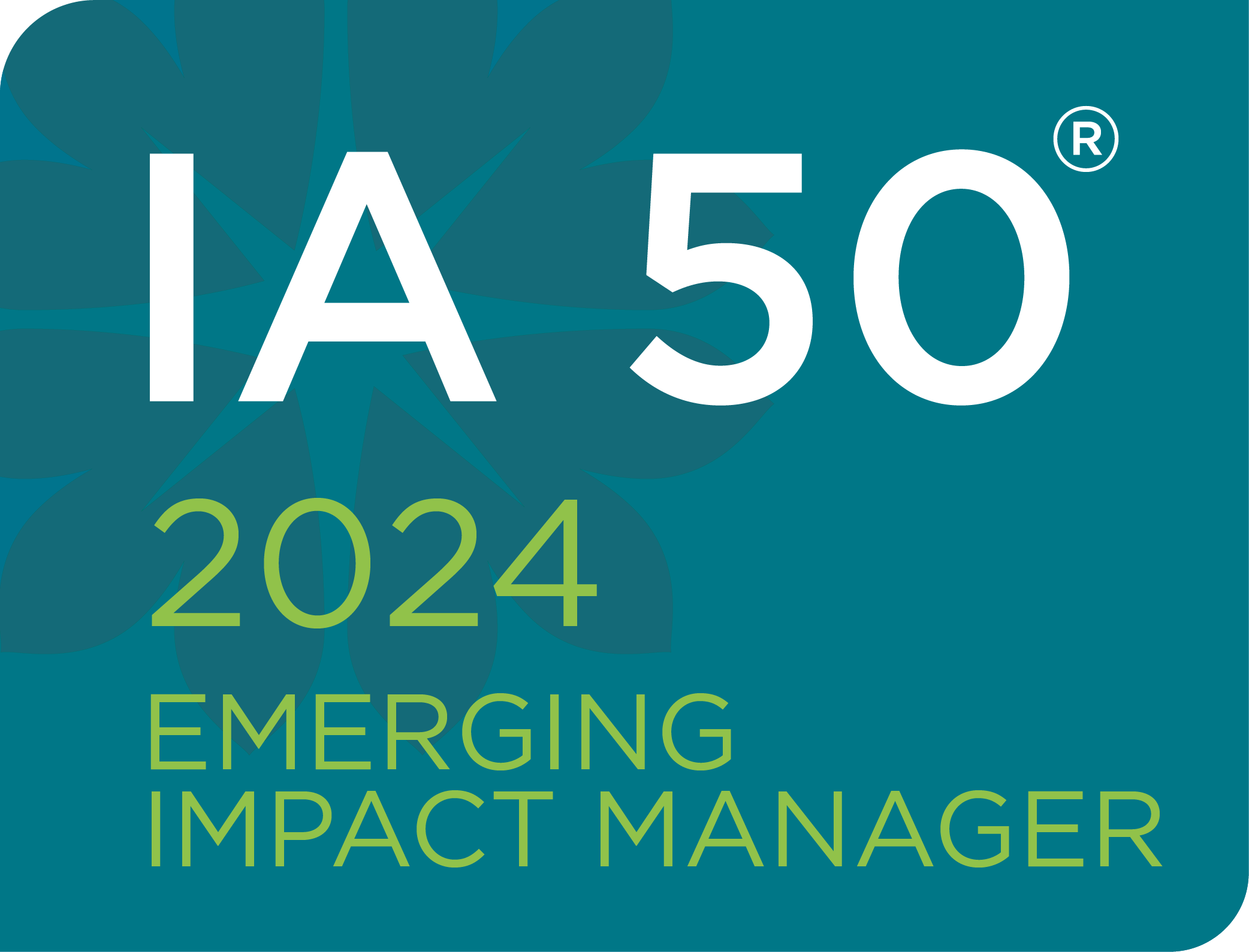What are BII’s investment criteria?
BII seeks to invest in social enterprises owned by people of color and real estate projects that are catalyzing power in communities of color and share our belief that a sustainable, inclusive and equitable economy is possible. We look at who owns, works at, and holds power in an enterprise or real estate project, and what capacity the investment has to build financial, social, and political power for communities of color.
What types of capital does BII offer?
At the heart of our approach is the deployment of integrated capital which means blending investment types—grants, debt, equity—to meet entrepreneurs and their enterprises where they are. We structure transactions using a variety of innovative financial structures:

We believe integrated capital is a catalyst for racial and economic justice. It’s central to every aspect of our work.
At what stage does BII invest?
BII invests across stages, including Pre-Seed, Seed, Start-up, and Growth stages. We typically want to see at least a minimum viable product and some revenue or high likelihood pipeline to invest. That being said, we encourage entrepreneurs to connect with us as early on as they’d like – BII regularly provides coaching and technical assistance to enterprises that are not yet ready for BII investment to help them prepare for investment down the road.
What is BII’s investment process?
Enterprises and Real Estate projects seeking investment from BII first go through our relationship-based due diligence that considers both the financial viability of the investment and its alignment with BII’s investment criteria. During this time, the BII team also frequently delivers technical assistance to enterprises, with topics ranging from strategy and financial projections to workplace democracy and equitable ownership. BII does not use credit scores or other low-touch, historically biased means of financial evaluation. Instead, the BII team seeks to gain a deep understanding of the financial health, positioning, and people behind each enterprise to make an assessment of impact, risk and possible return.
Once an enterprise passes through the BII team’s due diligence, they present to the BII Investment Committee. The investment committee is appointed by BII’s board to employ their expertise in evaluating opportunities along BII’s investment thesis. Investment Committee members bring a wide variety of skill sets: finance backgrounds, successful entrepreneurs, solidarity economy principles, angel investors, and nonprofit leaders. The investment committee votes on each investment, either recommending the deal to BII’s board for approval, or passing on the opportunity at this time. The BII board provides final approval on each deal to ensure that BII’s investment activity is accountable to its mission.
What factors does BII consider when evaluating an investment opportunity?
BII looks at both the financial viability of potential investments and their alignment with BII’s investment criteria. On the financial side, BII looks at key financial documents, business plans, projections, and other investment specific factors to develop its assessment. On the impact side, BII considers a number of factors relating to Economic Justice, Climate Resilience, Governance and Power, and Enterprise Health. BII also forms an assessment of the enterprise or project’s people – getting to know who we invest in is a key benefit of a relationship-based approach.
What does BII offer portfolio companies beyond its capital?
As integrated capital investors, BII believes the best way to support organizations and build a resilient economy is by providing supplemental resources to portfolio companies in addition to our financial capital. We refer to these resources as Technical Assistance (TA). BII’s technical assistance offerings include:
- Financial Modeling: BII staff can analyze historical performance and review or create projections.
- Social Capital: BII leverages its network for sales leads, sector experts, other investors and funders, potential partners, or other advisors and mentors.
- Coaching: BII team members make themselves available to talk through opportunities or challenges and provide advice
- Promotion: BII uses its platform (social media, website and newsletters) to lift up success stories.
- Specialized TA: BII offers connections to trusted, local providers of Bookkeeping, Human Resources, and Marketing & Communications support. BII offers grants to subsidize a portion of these costs.




